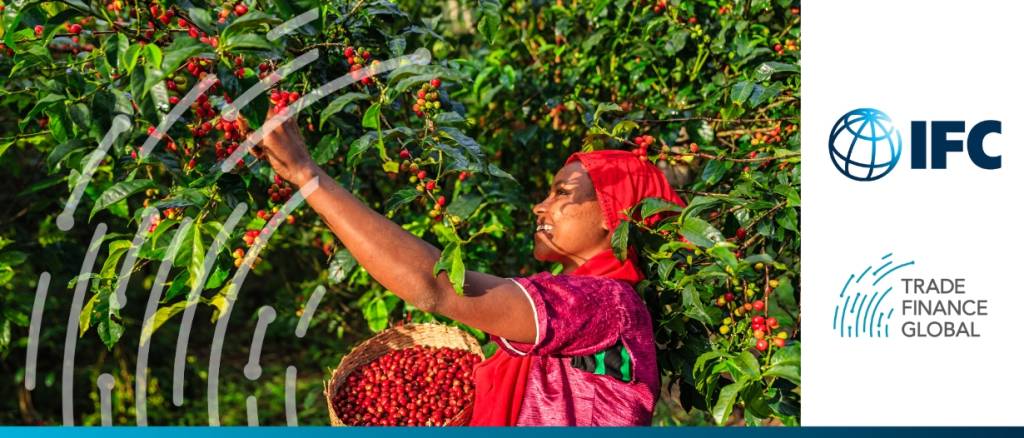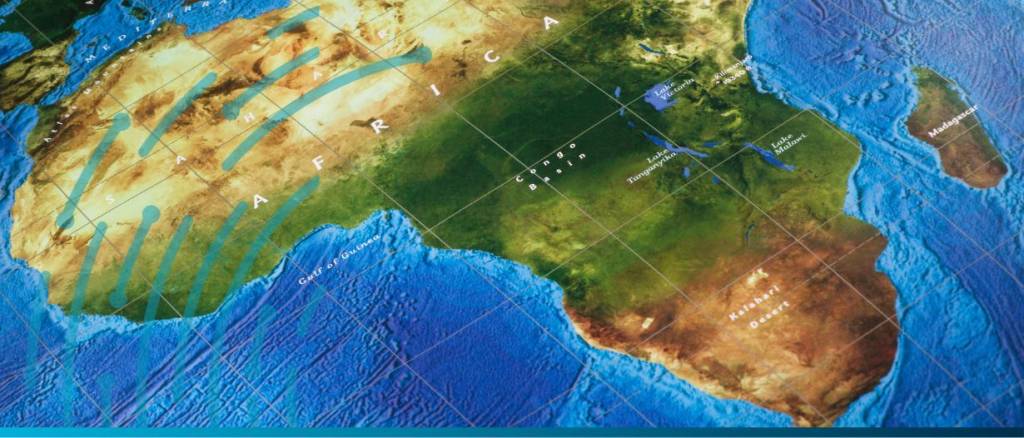At the recent EBRD annual meeting in Yerevan, Armenia, Trade Finance Global’s Editor, Deepesh Patel, sat down with Beata Javorcik, Chief Economist at EBRD, to discuss the economic outlook for the regions under EBRD’s scope. Despite various external pressures, the EBRD’s Regional Economic Prospects Report predicts a 3% growth for these economies in 2024.
Trade Finance Global spoke with Çağatay Baydar, Chairman at FCI and Irina Tyan, Principal Banker, TFP at the EBRD about factoring and SCF.
Discover the ICC DSI’s initiative to facilitate digital trade with the release of their Key Trade Documents and Data Elements (KTDDE) report.
The EBRD TFP conference gathered industry leaders to discuss evolution of factoring and supply chain finance in emerging markets.
IFC and Absa provide $60 million commodity trade finance facility to Volcafe, benefiting East African coffee farmers.
The Asian Development Bank (ADB) and Citi have entered into a master risk participation agreement to boost access to supply chain financing for small and medium-sized enterprises (SMEs), aiming to support over $100 million in additional annual trade across Asia and the Pacific.
IFC’s whitepaper, “Banking on Women Who Trade Across Borders”, highlights the need for gender equality in international trade & trade finance.
RPA can play a pivotal role in shaping the future of global commerce. Here are a few key areas where AI is making a substantial impact.
Discover the impact of ISO 20022, cross-border payment digitisation, and artificial intelligence on the banking sector’s payment efficiency.
BII, the UK’s development finance institution and impact investor, has partnered with Citi to launch a $100 million risk-sharing facility.
























